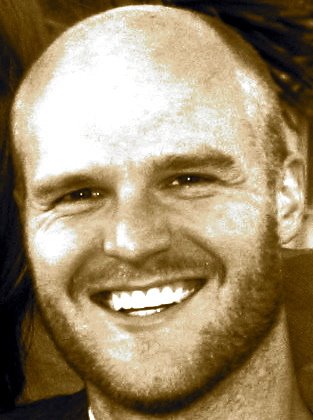The Being of God
| “Nor do I seek to understand so that I can believe, but rather I believe so that I can understand.” (Anselm, Proslogion, Chapter 1) I have already shared Anslem’s argument for the existence of God in Proslogion here . However, this is only one version of the proof for God’s existence. Many people will argue that Christians a foolish lot because they believe. People scoff at the quote above and say, “See, there is no rationale to Christian belief.” They miss the point of the quote altogether. When we discuss the existence of God we had better do it with a humble heart and not with a “when-pigs-fly” attitude. So many people who write off the existence of God, do so from pride. They claim that there is not sufficient evidence for something you can’t see. Like the wind, the eye cannot see, but oh does it feel the effects of a hurricane! If you do not believe that God does not exist, you had better read these posts with a desire to believe. As Anselm said above, we need to have the disposition to believe rather than thinking that God’s existence is on the same level as believing a kangaroo has a pouch. I say all this as prologue because the existence of God is not the same as the existence of anything that is seen with the eye. First and foremost, by definition God must exist. He is eternal in being. Humans are not. Nor is the Easter Bunny. The answer to my dangling question: Where did the molecules come from that “produced” the Big Bang? Now I do not seek to deny a Big Bang. Rather, I want to show that God must exist. As has been said in the “Comments” section, something never comes from nothing. That is, being comes from Being. In order for something to exist, it must derive its existence from something that is not dependent. In other words, if you go back infinitely before any Big Bang happened, there had to have been something before even the beginning of this Creation. One would not find nothing as they look back into eternity. Otherwise, where did all this come from? Therefore, there must be something that has existed from eternity past. This is what English calls “God” and Spaniards call “Deos” and Greeks “Theos” and others another name. Something must always come from something else. Therefore, all things belong to and exist because God exists and created all things. If he does not exist, we cannot exist. This is the difference in speaking of whether there is soup in the fridge or not. All you would have to do is open the fridge. But with the existence of God, he must exist. We are dealing with apples and apples when we try to compare creation to the Infinite, Foundation of Existence. God must exist for there to be anything at all. Some Other Links: Tisthammerw Explanation Bibliography of the Argument Wikipedia Article Stanford's Philosophy Site Various Ontological Arguments |





